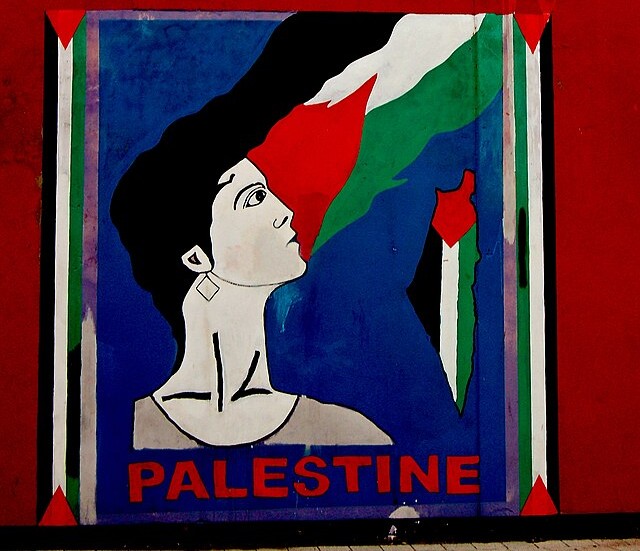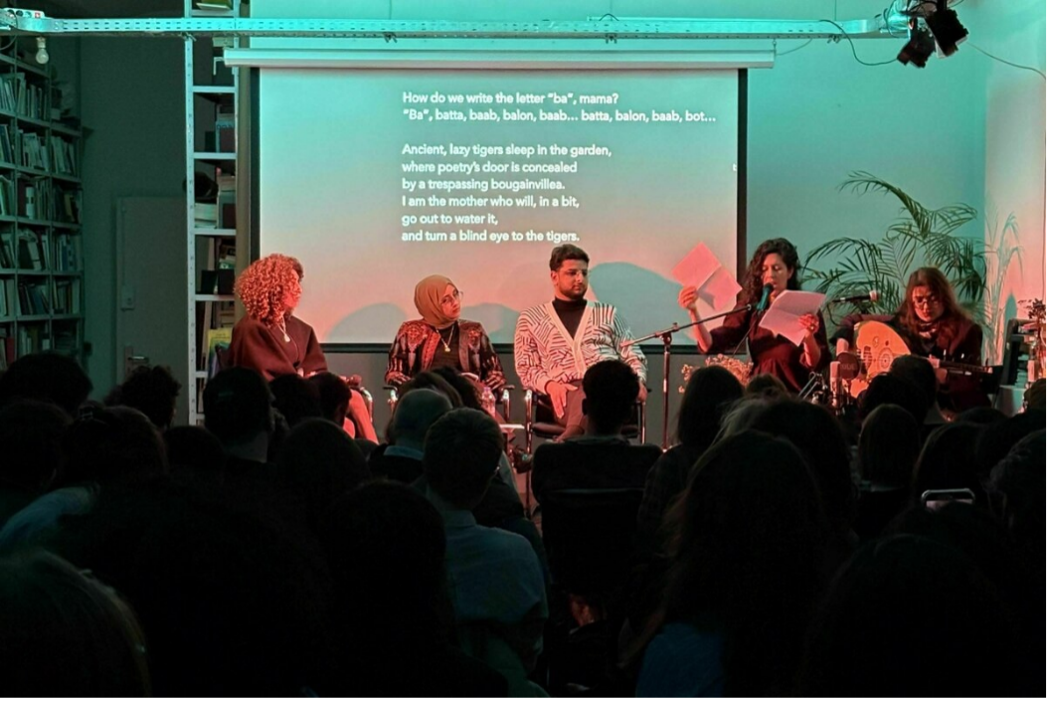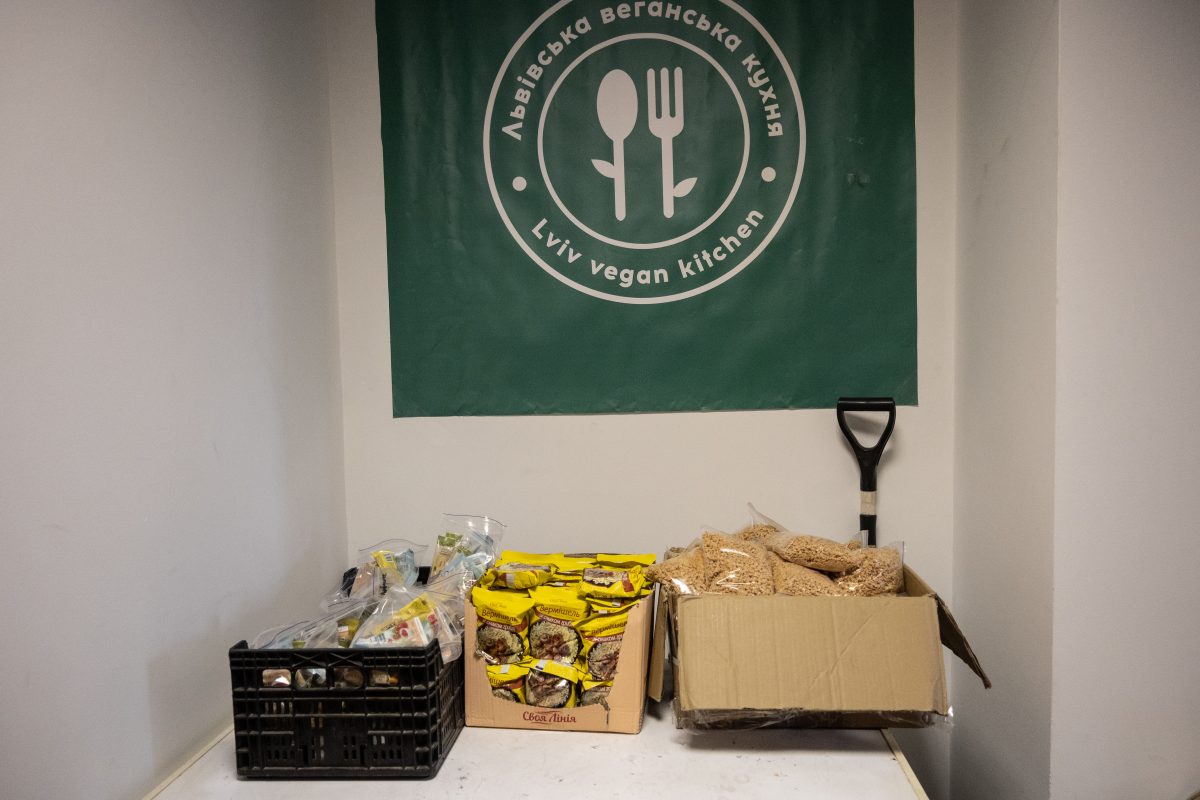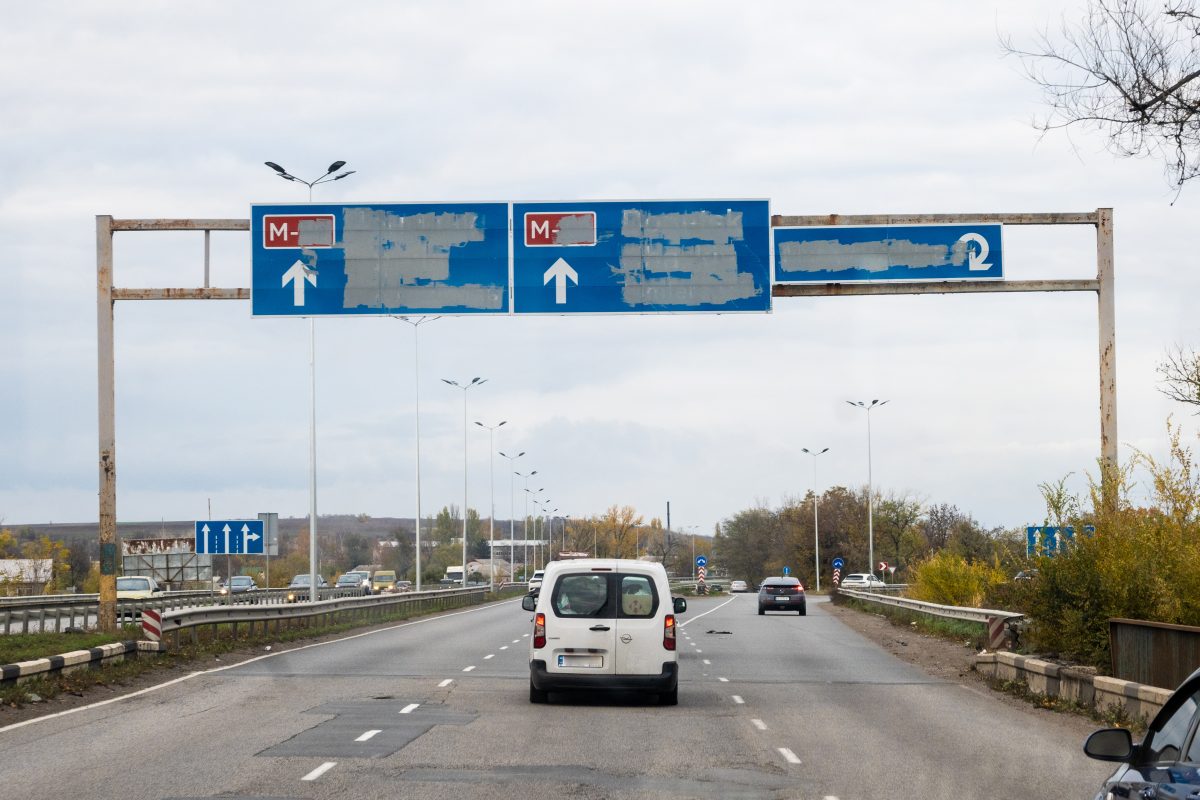Dáil Éireann—Ireland’s House of Representatives—recently had its exceedingly short moment in the spotlight in European media,owing not to a pivotal political moment or proceeding, but rather to some bickering and rowdiness as the new Ceann Comhairle, or Speaker, was repeatedly demanded to reassess the presence of several pro-government Independents having been given speaking rights and allotted speaking time within the Opposition.
The tumultuousness within the Dáil comes, in ways, alongside a palpable uneasiness within Ireland’s political climate, in spite of what’s on the surface: incredible stability, with the election in November 2024 having had a perfectly predictable outcome.
The new government is a merger of two historically rivalled parties, Fine Gael and Fianna Fáil. The latter, Fianna Fáil, headed today by Micheál Martin, has dominated Irish politics for most of the party’s existence, with only occasional interruptions to its chain of governments by coalitions led by Fine Gael — often with its ally the Labour party.
So, how did we get here?
History was made in 2020 when a new political behemoth was formed. For the first time in both parties’ histories, Fine Gael and Fianna Fáil entered together into a coalition government (alongside the Greens).
To give context to this change, the formula for politics in the Republic of Ireland is relatively straightforward: will Fianna Fáil form a majority or minority government this time? Or will Fine Gael and Labour create a coalition majority instead? Or, to overcome these coalitions, will Fianna Fáil form its own coalition with a junior party partner?
But 2020 disrupted this, and added a new step to the formula.
The Fianna Fáil–Fine Gael alliance
In reality, the parties have never represented a significant degree of difference; even less-so today. Once Fianna Fáil stood for economic isolationism, but it pivoted on this line as far back as in 1959. Fianna Fáil is today also vaguely more associated with its staunchly catholic past, but this is not unique in Irish politics. In material terms, both parties are socially adaptive, and economically liberal. Both emphasise foreign direct investment, and both came to be associated with the austerity politics of Europe’s post-eurocrisis environment.
So, when Sinn Féin — Ireland’s oldest party, often culturally associated with its nationalist republican past, and representing a theoretically centre-left position (although we have not seen their politics in practice) — won the popular vote in 2020, suddenly becoming Ireland’s largest party, Fine Gael and Fianna Fáil had to face a new reality. Both parties had long-since dismissed the possibility of a coalition with Sinn Féin. Both were now too small to lead their own coalitions… Except with one another.
This new political reality created a bloc which is difficult to imagine being outnumbered in any future elections. The 2025 government, the 34th Dáil, is, predictably, another Fianna Fáil-Fine Gael coalition, this time with various Independents taking part in the government rather than the Green party.
The November 2024 election: the result of growing unpopularity
The snap election in November 2024 that led us to this point was called when the previous Taoiseach (the equivalent role to a Prime Minister), Leo Varadkar, spontaneously resigned, citing his personal life and family priorities as the grounds. It doesn’t take an astute observer — indeed, it was more or less ubiquitously speculated within Irish media — to conclude the real reason for the resignation had something more to do with Varadkar’s exceeding unpopularity within the electorate.
A watershed moment revealed the pent-up frustration with the political establishment: Varadkar and his coalition government held two referendums simultaneously in March 2024 to make symbolic amendments to the Irish constitution — one to rephrase and to make broader the constitution’s definition of family, and the other redrafting a line of the constitution which refers to ‘women’s life within the home’. Every single major political party supported the changes, with only minor Opposition parties opposing them. Yet, in what is widely considered to have been a protest vote of historic proportions the public voted No 67.69 and 73.93 per cent, respectively, against the two amendments. A mere twelve days later, Varadkar resigned.
A surprising, shining light: the government’s heel turn on its approach to Palestine
But the resignation would unleash a new and sudden rhetoric from Varadkar and others. To set the stage for this shift, let’s look back to January 2024, when Varadkar was famously asked in a radio interview about the possibility of supporting South Africa’s ICJ case on the genocide in Gaza. Varadkar’s response: to emphatically insist ‘this is an area where we need to be very careful’. Ireland actively decided against supporting South African in their ICJ case, and the government sat by in silence as European governments, most notably that of Germany, intervened to obstruct South Africa’s case.
Yet, around the time of his resignation, there was Varadkar, in the annual March visit to the White House, telling ex-President Biden ‘The people of Gaza desperately need food, medicine and shelter. Most especially they need the bombs to stop. This has to stop.’
Simon Harris was Varadkar’s successor as Taoiseach, and with regards to Palestine, he arrived on the scene with rhetorical vigour. A move that was long-awaited in Ireland was finally achieved: Palestine was formally recognised as a state, allowing Ireland to catch up in Europe on what had already been achieved by Sweden and Iceland, and earlier by former Eastern Bloc countries such as Poland, Hungary, and others. Furthermore, in October 2024, Tánaiste and Minister for Foreign Affairs Micheál Martin affirmed that the government would be positively looking further into a much-debated piece of legislation, the Occupied Territories Bill, which would see a ban on imports to Ireland from the Occupied Palestinian Territories. Most telling of all for the extent of this pivot: the Irish government submitted a declaration to join South Africa’s case in the ICJ — reversing the same government’s positioning on the subject from early in 2024.
One step forward, two steps back?
Now, only three months later, Micheál Martin is head of the new government coalition, and already the Occupied Territories Bill has been ‘shelved’. The retirement of the legislation does come alongside the promise that it would be ‘replaced’ by new legislation fulfilling the same purpose, but public details on this are concerningly thin, and there’s no available timeline as to when such a new legislation would be made material.
Similarly, the new government has quite shockingly, seemingly out of nowhere, officially endorsed the much-controversial IHRA Working Definition of Antisemitism, over alternative definitions such as the Jerusalem Declaration on Antisemitism. The IHRA definition has been noted by human rights groups as dangerously tethering the definition of antisemitism to criticism of Israel.
The decision to join the ICJ case remains unchanged, but the sudden rhetorical shift has nevertheless been apparent.
A kind reading would be that once Varadkar was freed from the responsibility of his position, he used his platform to make his voice heard on Palestine. Yet, the political figures responsible for progress on the topic are the same ones responsible for the recent backsteps — most notably, it was Micheál Martin who confirmed progress on the Occupied Territories Bill, and who shelved it not long thereafter.
I suggest, then, another reading of events: when the major parties, Fine Gael and Fianna Fáil, are at their weakest, they are strikingly willing to take decisive action on Palestine. The election-relevant rewards for such opportunism would be obvious: the Palestine movement is overwhelmingly supported by the Irish population, with a November 2023 Ireland Thinks poll suggesting 71% of the Irish population believe Palestinians live under an apartheid reality.
Conversely, while the two parties are strong — as they are now, with the November 2024 election having proven that their coalition is sufficient to form a government even in spite of the individual parties’ waning popularity — then the government is free to ignore the electorate, by benching the Occupied Territories Bill and by returning to silence on Palestine.
What can be done? Here is something everyone can do, Irish citizen or not:
Ireland has a unique role — or a unique potential for a role — within Europe. The public overwhelmingly calls for peace, decolonisation, and an end to apartheid. Whether the Irish government, therefore, amplifies the people’s voice, or represses those same voices in favour of ‘fitting in’ within Europe, will not depend on intrinsic properties of governance, but rather on the extent to which democratic rights are exercised and whether voices are raised. The current government shows a worrying direction, but in its moment of weakness before the election it revealed a window into its — cynical or not — responsiveness to pressure.
I therefore conclude this article with an invitation: no matter where you are from, let us prove to the Irish government that, in times where moral voices in political leadership are so sorely needed, the world is watching its leaders. I invite readers to engage with this moment of opportunity by directly contacting the new taoiseach Micheál Martin, which can be done by clicking on the following link (remember to sign off at the end of the email), urging the Taoiseach to take immediate action on the Occupied Territories Bill. The link will open your device’s email application with a pre-drafted email. Feel free to add your own flavour to the text — let’s make our voices heard!




